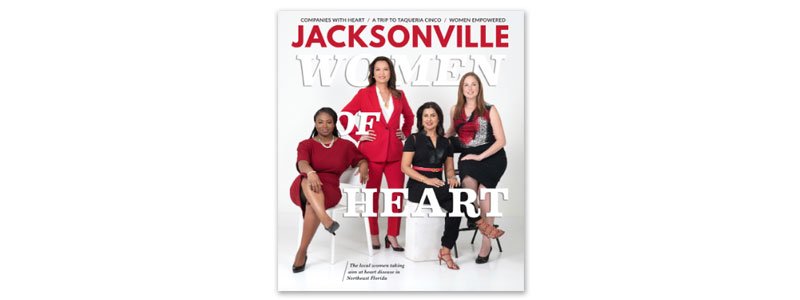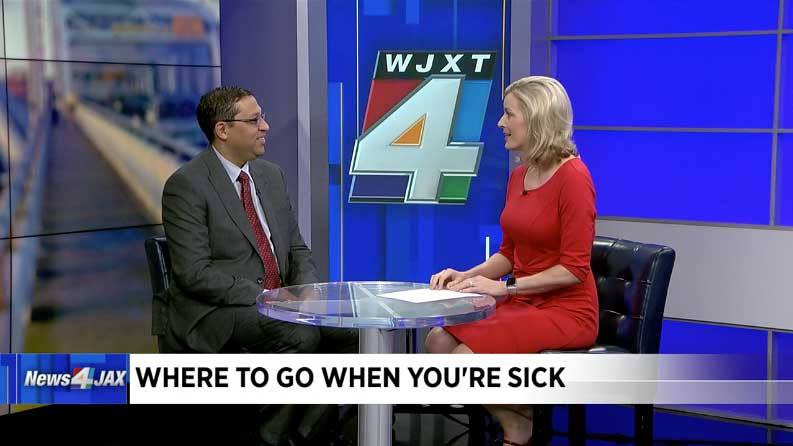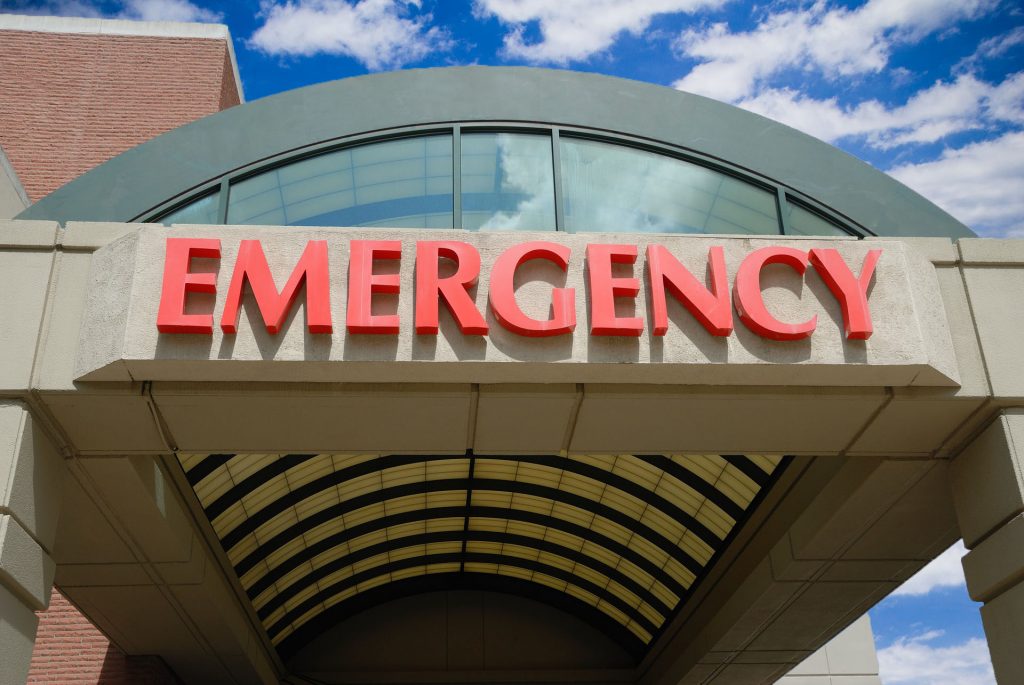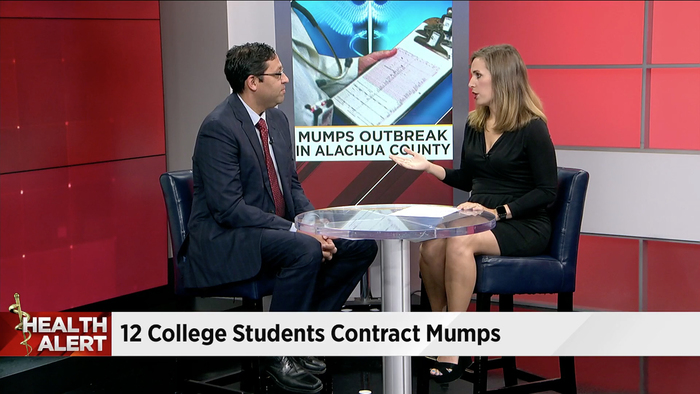
Emergency Covid-19 Hotline and Remote Care Solutions to Address the Outbreak
This article focuses on emergency solutions that can be implemented quickly in a time of crisis, such as utilizing a coronavirus-trained non-clinical hotline, virtual medical visits, and tools for training office nurses.

Protocols and Patient Care During the Coronavirus Outbreak
As the Coronavirus virus continues to spread, more and more callers may be concerned with their symptoms. TriageLogic nurses and our call center software clients have received the protocols to efficiently triage those who may have been exposed or who are concerned about the virus.

TriageLogic Supports Healthy Hearts with Remote Patient Monitoring, Allowing Cardiologists and Other Physicians to Spend More Time on Direct Patient Care
As a proud supporter of the American Heart Association, TriageLogic’s CEO, Charu Raheja, Ph.D., was recently featured on the cover of Jacksonville Magazine for its February Women of Heart issue.

Ravi Raheja, M.D and TriageLogic Medical Director, Shares Affordable Options for Medical Care
Many individuals and families have multiple choices when it comes to healthcare and treatment. Our Medical Director was recently featured on News4Jax.

Case Study: Common Summer Concerns Addressed by Triage Nurses
Case study on a typical summer vacation concern for families and how having access to triage nurses can help decrease ER visits.

How Triage Nurses Save On ER Visits During The Summer
Top summer health issues and the valuable role telephone triage nurses provide to guide patients with home care advice or other care options to keep patients healthy and out of the ER.

The Opioid Crisis: Signs every Telephone Triage Nurse Needs to Know and What to Do
Telephone triage nurses are well positioned to help reduce the occurrence and consequences of prescription opioid. They assess patient symptoms, identify who may be at the risk, and send notes to doctors for follow up.

TriageLogic’s Medical Director, Dr. Ravi Raheja Talks About Measles Outbreak on College Campuses and the New Schmitt and Thompson Protocols Available
New protocols have been released by Dr. Bart Schmitt and Dr. David Thompson for telephone triage nurses specifically for patients that have been diagnosed or have suspected measles or have been exposed to measles. The two new protocols cover scenarios where patients have been diagnosed or have suspected measles or have been exposed to measles.
The guidelines provide telephone triage nurses with a consistent and methodological approach to callers who have questions.

TriageLogic CEO Recognized for Leadership and Health Technology
Founder and CEO TriageLogic and Continuwell, Dr. Charu Raheja, was recently named one of the Top 35 Women Igniting Success in Jacksonville by the Buzz Media Group. The award honors women executives, entrepreneurs, employees, and the companies they run. The award was presented by Snowden McFall, President of Fired Up and Dawn Gilam from Changing Homelessness.

Mental Health Month- How Can Triage Nurses Help Patients?
Triage Nurses In Mental Health May is Mental Health Month. It was started 70 years ago by Mental Health America to raise awareness about mental health conditions and the importance of good mental health for everyone. Telephone triage nurses have a more important role than ever before. Nearly one in five U.S. adults lives with a mental illness (44.7 million in 2016), which is why many

10 Signs to Outsource your Medical Call Center
Value-based care is encouraging healthcare providers to provide better care by incentivizing with pay for better outcomes and cost effectiveness verses a purely transactional model.Improving the patient experience is an extremely important component to get individuals to engage with the proper resources that will ultimately keep them healthy and decrease health care cost. Yet, many healthcare providers struggle to focus on the patient experience and

The Benefits of Telephone Triage with Chronic Care Patients
Telephone triage services give modern practices a unique and powerful way to be compensated for managing patients with chronic care conditions. Currently, three in four Americans over the age of 65 have two or more chronic health conditions, such as hypertension, cancer, stroke, arthritis, and diabetes. By 2030, about one in five Americans will be older than 65. As they age and life expectancy increases,

